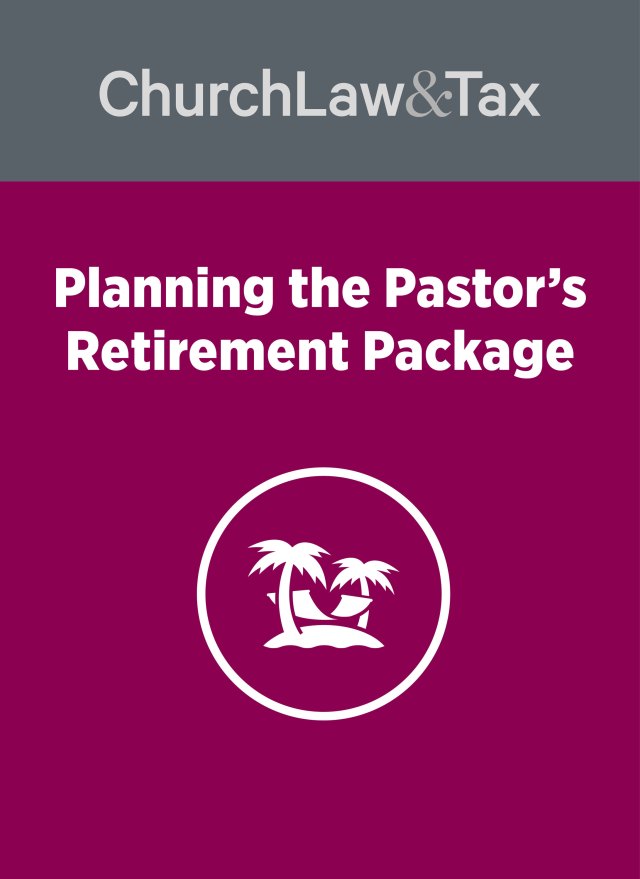• The Tax Court rejected a self-proclaimed minister’s claim that he was exempt from social security taxes on the basis of his membership in the “Body of Christ.” The individual was a self-employed ice cream vendor who had no religious training but who considered himself to be a minister “employed by the Lord Jesus Christ.” He preached the Gospel to children from his ice cream truck. The IRS rejected the individual’s claim of exemption from social security taxes, and the Tax Court agreed. The court noted that self-employed persons who are members of an established religious sect that is opposed to social security coverage and that makes provision for the financial needs of its members may exempt themselves from social security coverage if they meet certain requirements. This exemption provision did not apply to this individual, the court concluded, since he was not a member of a recognized sect opposed to social security coverage. The exemption does not apply to individuals whose personal religious beliefs are the basis for their opposition to social security. Further, recognition of the exemption requires the timely filing of a Form 4029 with the IRS, and there was no evidence that the individual complied with this requirement. Finally, the court noted that the individual had not attempted to exempt himself form social security taxes as a minister, and so it did not address his eligibility for exemption on this ground. Rigdon v. Commissioner, 59 T.C.M. 488 (1990).
© Copyright 1991, 1998 by Church Law & Tax Report. All rights reserved. This publication is designed to provide accurate and authoritative information in regard to the subject matter covered. It is provided with the understanding that the publisher is not engaged in rendering legal, accounting, or other professional service. If legal advice or other expert assistance is required, the services of a competent professional person should be sought. Church Law & Tax Report, PO Box 1098, Matthews, NC 28106. Reference Code: m68 m25 c0191




